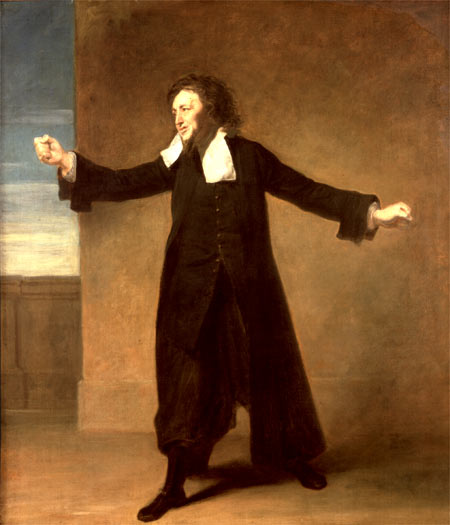There is a robust symbiosis between misogyny and white supremacy; the two ideologies are powerfully intertwined. While not all misogynists are racists, and not every white supremacist is a misogynist, a deep-seated loathing of women acts as a connective tissue between many white supremacists, especially those in the alt right, and their lesser-known brothers in hate like incels (involuntary celibates), MRAs (Men’s Rights Activists) and PUAs (Pick Up Artists). This cross-pollination means the largely anonymous outrage of the men’s rights arena acts as a bridge to the white supremacist and anti-Semitic ideology of the alt right. After all, it’s not a huge leap from “women’s quest for equal rights threatens my stature as a man” to “minorities’ and women’s quests for equal rights threaten my stature as a white man.”
Anti-Defamation League
Il existe une solide symbiose entre misogynie et suprématie blanche ; les deux idéologies sont fortement imbriquées. Bien que tous les misogynes ne soient pas racistes et que tous les suprémacistes blancs ne soient pas misogynes, un profond dégoût des femmes sert de tissu conjonctif entre de nombreux suprémacistes blancs, en particulier ceux d’extrême-droite, et leurs frères de haine moins connus comme les Incels (célibataires involontaires), les MRA (activistes des droits de l’homme-au-masculin) et les PUA (artistes de la drague). Cette pollinisation croisée signifie que l’indignation largement anonyme de l’arène des droits de l’homme sert de pont à l’idéologie suprématiste blanche et antisémite de l’extrême-droite. Après tout, il n’y a pas un grand pas à faire entre “la quête des femmes pour l’égalité des droits menace ma stature d’homme” et “la quête des minorités et des femmes pour l’égalité des droits menace ma stature d’homme blanc”.
Anti-Defamation League
ADL, When Women are the Enemy: The Intersection of Misogyny and White Supremacy, 2018
